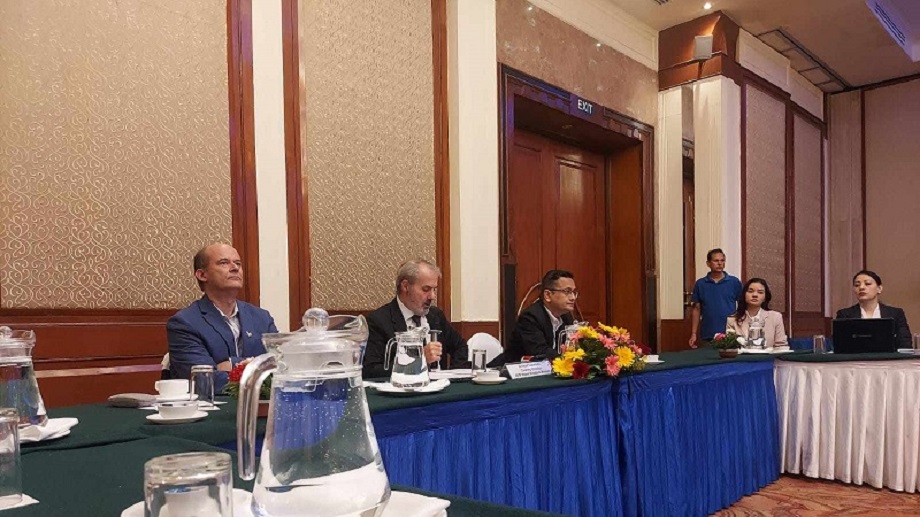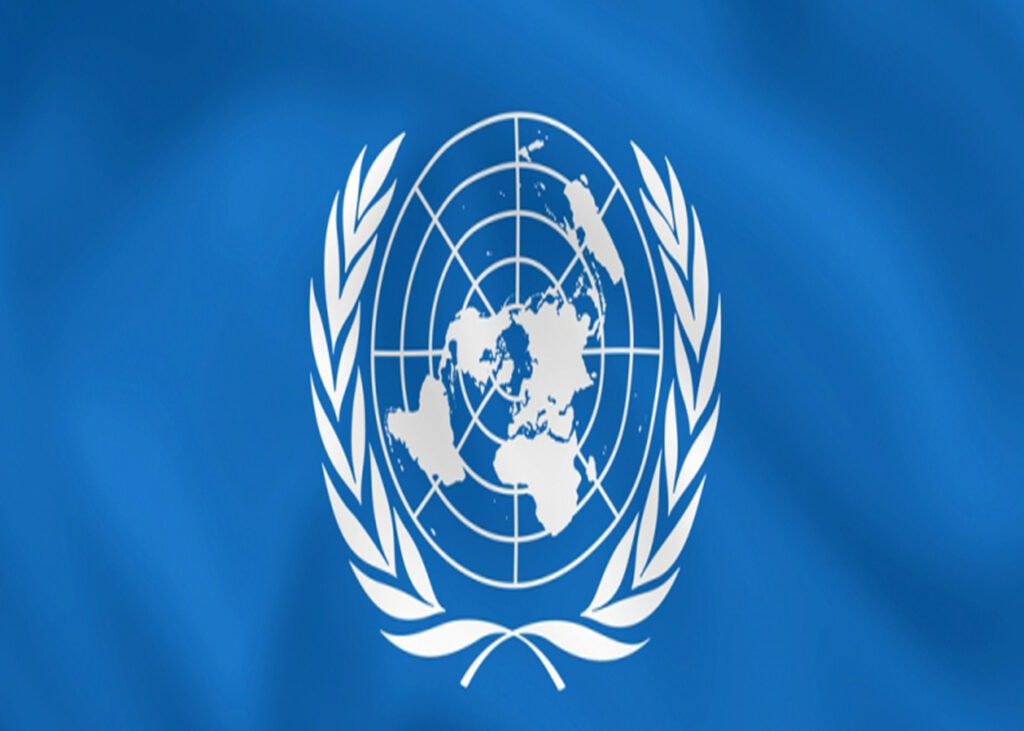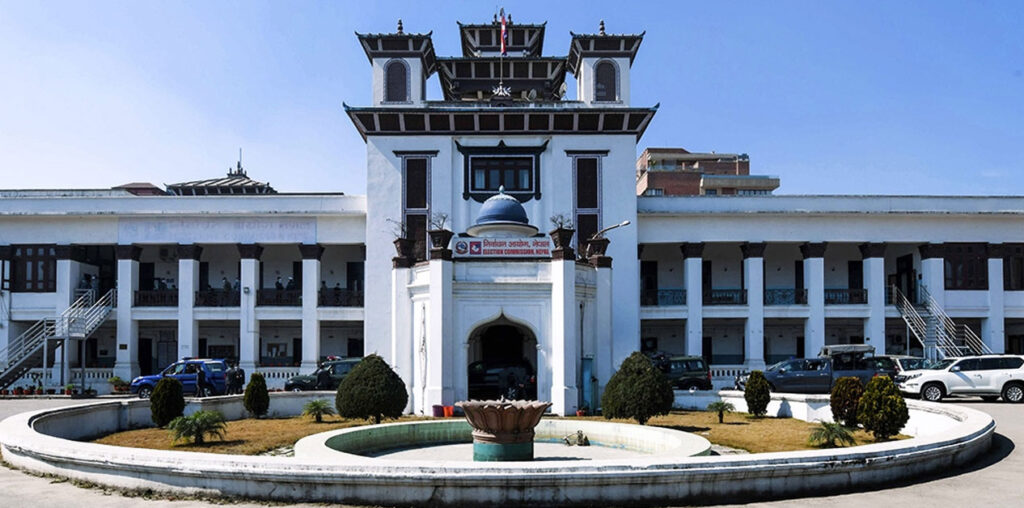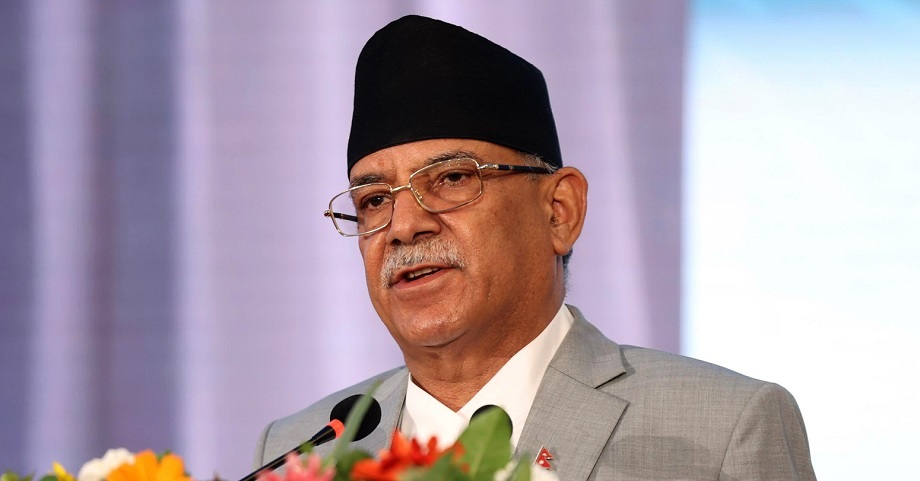Kathmandu. Nepal’s economy is anticipated to grow by 4.9% in fiscal year (FY) 2025, up from an estimated growth of 3.9% in FY2024, says the latest edition of the Asian Development Bank’s (ADB) flagship economic publication.
“Gross domestic product growth will pick up on a gradual recovery of domestic demand, acceleration of infrastructure spending, and further revitalization of tourism and related services,” said ADB Country Director for Nepal Arnaud Cauchois
According to the Asian Development Outlook (ADO) September 2024, agriculture growth will hinge on a favorable harvest owing to a timely paddy plantation with normal monsoon. Industry growth will be supported by increased electricity generation capacity. And services are expected to grow, supported by higher tourist arrivals, that will boost accommodation and food services activities.
With further recovery in domestic demand supported by the cautiously accommodative monetary policy, planned acceleration of capital budget, wholesale and retail trade, transportation and storage and real estate activities are expected to strengthen.
Nepal Rastra Bank’s target of containing inflation within 5.0% in FY2025 seems attainable. The inflation forecast is expected to remain within the central bank’s ceiling, assuming a normal harvest and a modest decline in inflation in India, the major source of Nepal’s imports.
External risks will remain relatively well-contained. The external position strengthened in the last FY2024 because of declining trade deficit amid buoyant remittance inflows and increase in tourist arrivals. However, the current account gap will likely turn to a deficit of about 1% of GDP in FY2025 from a surplus of 3.9% as the economy recovers and the remittance inflows moderate.
Risks to the outlook tilt to the downside. Any intensified geopolitical tensions in the Middle East could hurt Nepal’s remittance income and push up oil and food prices. A global economic downturn could affect its tourism receipts. A perennial risk to economic growth in Nepal is high vulnerability to natural disasters and climate shocks.
ADB is committed to achieving a prosperous, inclusive, resilient, and sustainable Asia and the Pacific, while sustaining its efforts to eradicate extreme poverty. Established in 1966, it is owned by 68 members-49 from the region.









